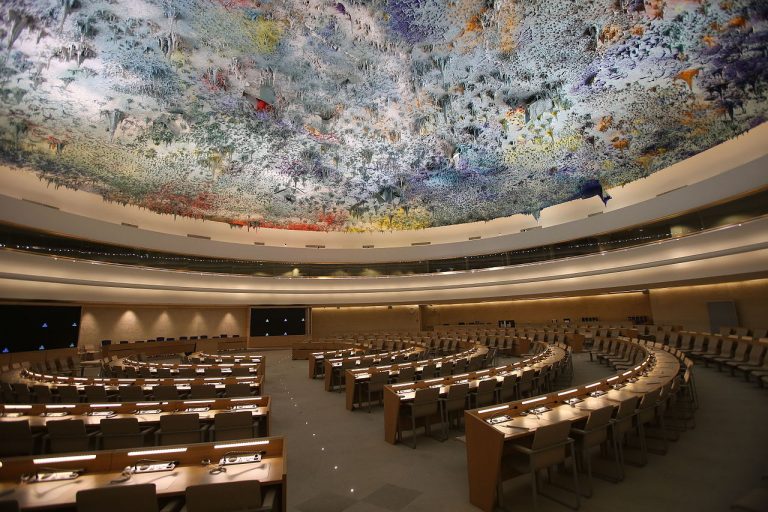
The annual report of the Working Group on Arbitrary Detention bares the non-implementation of the recommendations made in 2019, which called for the immediate release of seven of the nine Catalan political prisoners.
The United Nations Working Group on Arbitrary Detention has published its annual report in the framework of the 45th Session of the Human Rights Council, which follows up on the opinions issued in 2019, and has highlighted Spain’s disregard of the recommendation to immediately release the Catalan political prisoners.
The two reports on the situation of the Catalan political prisoners published last year called for their immediate release, and denounced the violation of several of their fundamental rights, including their right to freedom of expression, peaceful assembly and association, the right to liberty and security of person, freedom of thought, equality before the law, the right to participate in public affairs, and the discrimination against them for expressing political opinions favourable to the independence of Catalonia. In addition, they called for reparations of damages caused to the Catalan prisoners, and for an independent investigation into arbitrary detention to take place.
The Working Group also stated that holding an independence referendum in Spain is not illegal but is part of the legitimate expressions protected by the rights of freedom of opinion and expression.
The annual report also reveals that Spain called for a review of the request to immediately release the political prisoners, as did countries known for their human rights violations such as Saudi Arabia, Egypt, Tunisia, Morocco and Colombia, to which the Working Group responded negatively due to non-compliance with the corresponding requisites.
In 2019, the Working Group issued 85 opinions on the arrest of 171 people in 42 countries, with Spain being the only European Union member state included in the report.
With the publication of this report, the United Nations Working Group on Arbitrary Detention once again highlights Spain’s lack of respect for international bodies with regard to the situation in Catalonia, and its double standards in claiming respect for the rule of law while ignoring provisions of international law such as the definition of human rights, judicial independence and discrimination on political grounds.
The opinions are the result of an initiative by the political prisoners’ defending counsels and the Catalan National Assembly and Òmnium Cultural in 2018, which sought to confirm whether their pre-trial detention situation violated fundamental rights enshrined in the Universal Declaration of Human Rights, as ratified by Spain.
Read the whole document here. (Pages 7, 8, 21)